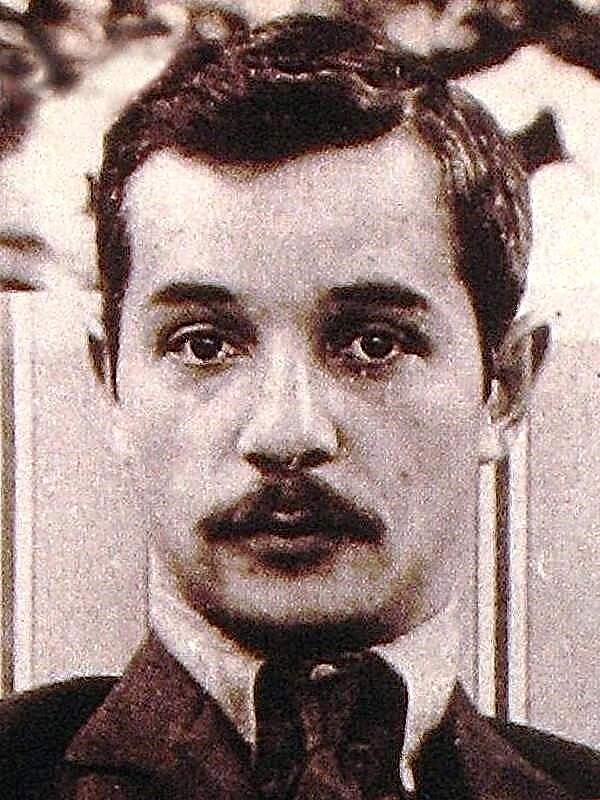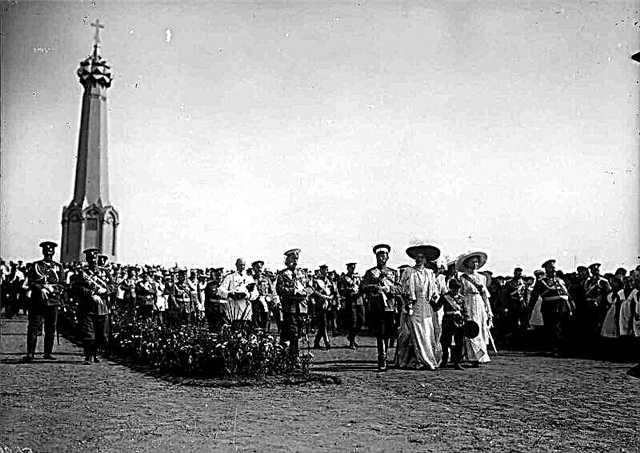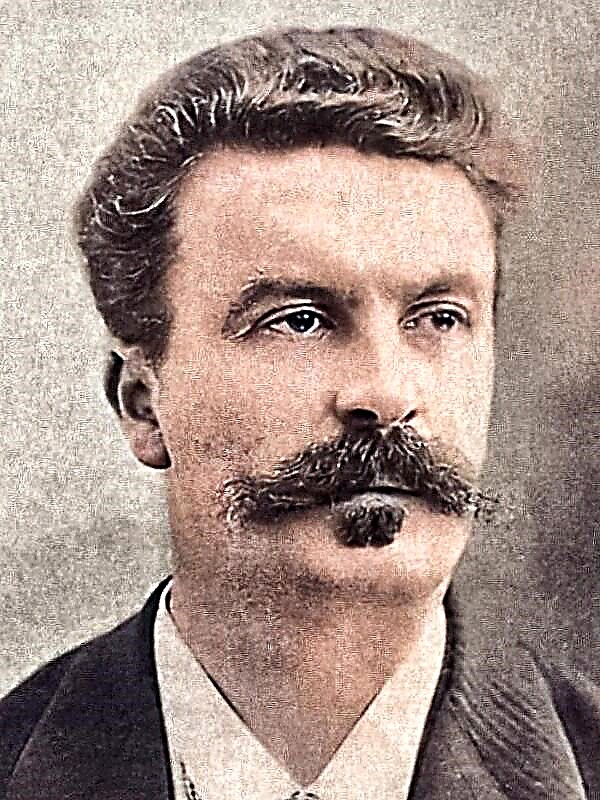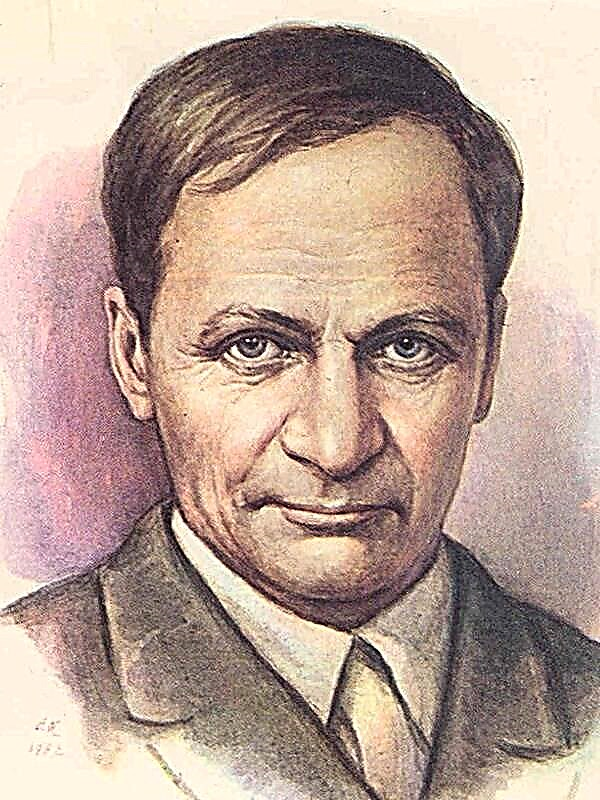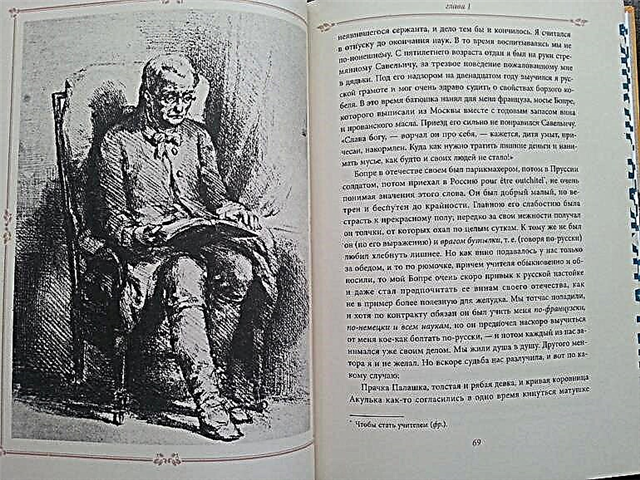Many believe that some gifted people can foresee their death, which was expressed in their work. Lermontov’s poem “Testament” is considered by many to be just such a prophecy, a sign that the poet foresaw his early demise. But at the same time, this is a sad and touching story of a mortally wounded soldier.
History of creation
The poem was written in 1840, when the poet was exiled to the Caucasus for the second time. All the author’s friends remained in the capital, but in the Caucasus he was never able to make close ties with anyone. The parents of the poet have long been dead, and he worries that after death no one will remember him. Since Mikhail Yuryevich was sent to a hot spot, he thought about his death with composure and the certainty of a soldier in battle.
Lermontov died a year later, and some consider this poem prophetic. Perhaps this is how the poet presented his future.
Genre, direction and size
The poem is written in the characteristic direction of Lermontov - romanticism. All signs are present: a sad mood, fatalism, motives of death and loneliness.
The size is heterogeneous: a four-foot iambus is interspersed with a multi-stop. The same can be said about rhyme: it is either cross or line by line. Particles, pronouns, nouns and indefinite pronouns rhyme. Such a construction of the poem helps to convey popular speech, to show that the hero is an ordinary soldier.
Images and Symbols
The lyrical hero is an ordinary soldier who was mortally wounded and, knowing that he is dying, gives several orders to a friend, verbally transmitting his peculiar testament to him. He asks not to talk about death to his father and mother, but asks to convey this message to the woman he once loved, who, he is sure, does not feel any feelings for him. He is sure that no one will worry about his death. The hero is probably a simple peasant, and military service has broken his life. Perhaps he is still young, but he is already burying himself, since military duty does not leave him a chance to return.
Despite the low social status of the hero, in it we recognize the author himself, who hints at his sad fate. Many agree that through the lyrical hero and his fate, Lermontov wanted not only to touch the hearts of readers, but also to transmit his own testament, since he believed that he had a similar fate. For example, the mysterious neighbor is the first love of Mikhail Yurievich, Varvar Lopukhin, who married a wealthy landowner. The author’s parents had already passed away by that time, there was only a grandmother who, due to old age, could not live up to the news of the death of her grandson.
Themes and mood
- The main theme is death.. In it, the author sees the logical outcome of his life, which no one needs. He speaks of death calmly and even indifferently, as if he does not give a damn about how the next battle will end. However, he ironically remarks that "he honestly died for the king." Why ironic? Yes, because the king himself sent him to the slaughter, and the poet hated military affairs, so he had no desire to engage in it, much less to die in the name of a monarch, with whom the author had no relationship. After Nicholas Lermontov’s death, Nicholas the First himself said: “A dog’s death is a dog.” Thus, in the poem, the poet describes not a heroic sacrifice in the name of his homeland (he does not die for the fatherland, but for the ruler), but the execution, to which he was doomed by the king’s order.
- Theme of loneliness. The soldier says that no one will be interested in his fate, except perhaps his father and mother, and they are most likely already dead. He also asks to convey the news of his death to a neighbor who he loved, and who had already forgotten him. All this suggests that the soldier does not value his life, because no one is waiting for him. He does not need to take care of himself, there is no difference whether he will come home or not. This terrible feeling becomes the main cause of his death, because a person who knows that they love him will do everything possible to return to his family. And he who is lonely will meekly allow himself to be killed.
The poem is saturated with loneliness, it makes the reader sad. Particularly impressive is the calm with which the soldier talks about his fate. He is calm in the face of imminent death, but the reader understands that what happened to the hero is unfair, he had to enjoy a quiet life, but died on the battlefield, and no one will remember his death afterwards.
Idea
Lermontov tried to reflect the immense loneliness of a man who realizes that his death will not cause grief to anyone. He does not value his life, because no one appreciates it. The meaning of his will is to at least someone to express their anguish. Even if it will be a random interlocutor, who does not care what and to whom it is necessary to convey.
The main idea of the poem is a premonition of death, spiced with the bitterness of loneliness. The author speaks of a meaninglessly lived life, which is not a pity to cut short. There is no love and family happiness in it, this is the reason for its insignificance. Therefore, it is so important that a person in time finds support in the feelings of another person and creates something more than himself - a family that will give meaning to his being.
Means of artistic expression
The poem has very few means of artistic expression. There is only one epithet ("empty heart") and several metaphors common among the people. What at first glance seems like a poverty of language is a stylistic device and allows us to convey the simplicity of a soldier’s speech.
The poem has many omissions, expressed in ellipses, and exclamations. It also helps convey lively simple speech. All this makes the reader sympathize with the hero, believe in his story.

